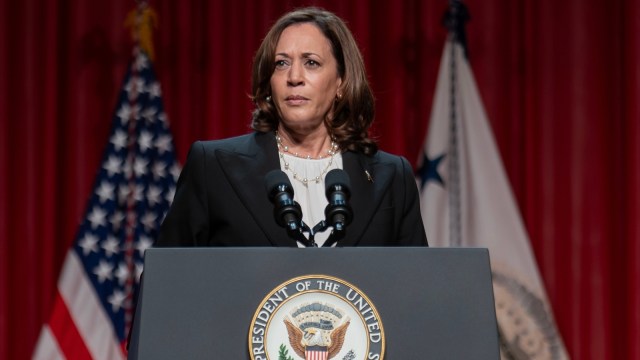Elections in 2024 are set to break records with an unprecedented number of voters expected to participate globally. Over 50 nations, representing half of the world’s population, have scheduled elections.
Misinformation in Election Campaigns
- Challenges with Misinformation: Misinformation has long been a concern during elections, but the advent of new technologies complicates the issue further.
- Emergence of Deepfakes and Shallow Fakes: Traditional misinformation methods are now accompanied by deepfakes and shallow fakes, posing significant challenges to combating misinformation online.
Understanding Shallow Fakes
- Definition and Creation: Shallow fakes, or cheap fakes, are manipulated images, videos, and audio clips created without AI technology, often using simple editing tools or techniques.
- Examples and Impact: Shallow fakes can range from edited videos to mis-captioned or mis-contextualized images, leading to misinformation proliferation, particularly on social media platforms.
Expert Insights and Perspectives
- Sam Gregory’s Insights: Sam Gregory highlights the differences between deepfakes and shallow fakes, emphasizing the pervasive nature of shallow fakes in electoral environments.
- Azahar Machwe’s Perspective: Azahar Machwe discusses the impact of shallow fakes on the electoral process, especially focusing on the manipulation of audio content.
Blurring Lines and Increasing Volumes
- Blurring Boundary Between Deepfakes and Shallow Fakes: Experts note that the boundary between deepfakes and shallow fakes is blurring, with increasing volumes of both types of misinformation, particularly in areas where source verification is challenging.
- Accessibility of AI Tools: The accessibility of AI tools, even through free smartphone apps, has facilitated the creation and dissemination of both deepfakes and shallow fakes.
Addressing Misinformation Challenges
- Importance of Media Literacy: Media literacy is crucial in combating both deepfakes and shallow fakes. The SIFT method, advocated by experts, involves stopping, investigating the source, finding alternative coverage, and tracing the original content.
- Role of Platforms and Policies: Platforms have a role in combating misinformation, as evidenced by their efforts during the COVID-19 pandemic. Additionally, policymakers and election authorities emphasize the importance of responsible behavior from political parties and stakeholders.
India’s Risk of Misinformation
- Global Recognition of Misinformation Risk: India faces a significant risk of misinformation and disinformation, as indicated by the World Economic Forum’s Global Risk Report 2024.
- Acknowledgment by Election Authorities: Chief Election Commissioner Rajiv Kumar acknowledges the complexity of addressing misinformation in the digital age and emphasizes the need for responsible behavior from political parties.
Multiple Choice Questions (MCQs):
- What distinguishes shallow fakes from deepfakes?
- A) Shallow fakes involve AI manipulation, while deepfakes do not.
- B) Shallow fakes are created without AI technology, while deepfakes use AI.
- C) Deepfakes are primarily images, while shallow fakes are primarily videos.
- D) Shallow fakes are only shared on social media, while deepfakes are shared through traditional media channels.
- What does the SIFT method recommended by experts entail?
- A) Suspend, Investigate, Filter, Trace
- B) Stop, Investigate, Filter, Trace
- C) Seek, Inquire, Find, Trace
- D) Stop, Inquire, Filter, Trace
- According to the World Economic Forum’s Global Risk Report 2024, which country faces the highest risk of misinformation and disinformation?
- A) China
- B) United States
- C) India
- D) Brazil
- What advice did Chief Election Commissioner Rajiv Kumar offer regarding misinformation in elections?
- A) He suggested increasing censorship on social media platforms.
- B) He advised political parties to engage in misinformation campaigns.
- C) He emphasized the importance of media literacy and responsible behavior.
- D) He recommended relying solely on traditional media for election information.
